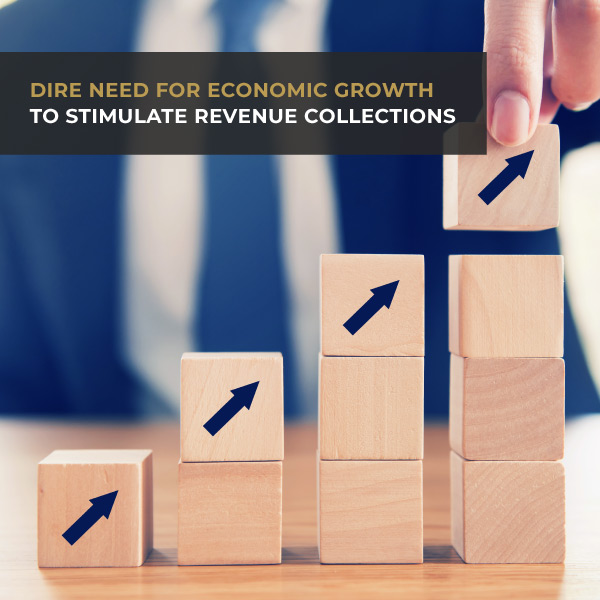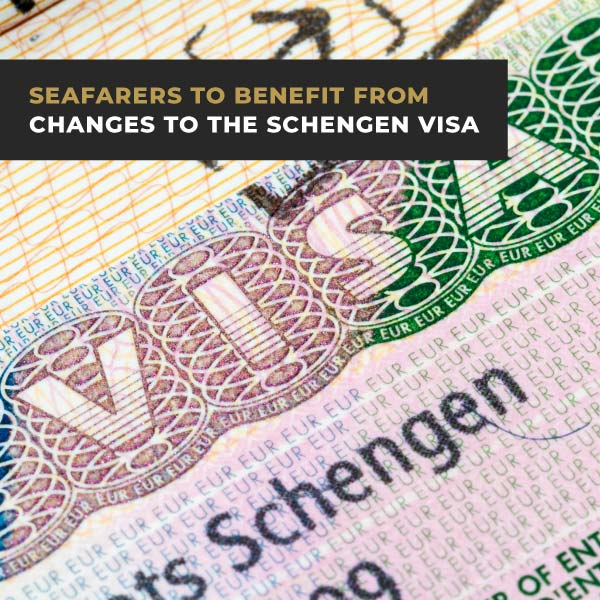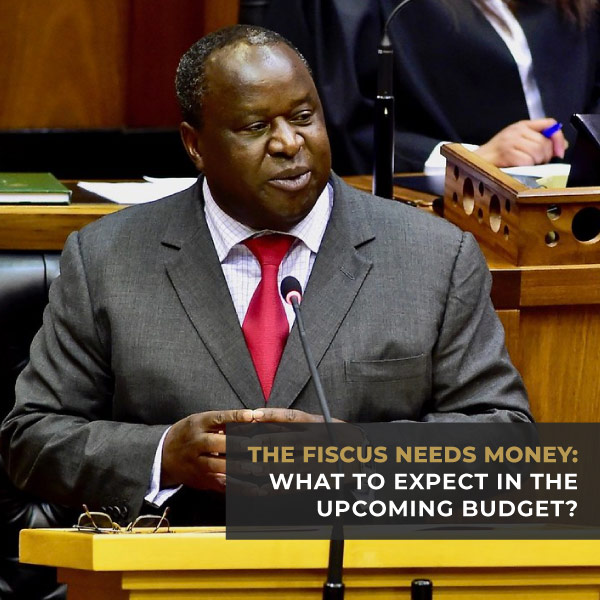DIRE NEED FOR ECONOMIC GROWTH TO STIMULATE REVENUE COLLECTIONS
The World Bank has slashed South Africa’s economic growth forecast for 2020 from 1.5% to a mere 0.9%. This, while the country is faced with a revenue shortfall of anything between R50bn and R100bn for the tax year ending March.
The shortfall is increasing, irrespective of new SARS commissioner Edward Kieswetter being at the helm and what he is trying to achieve.
Our view is that the growing shortfall is not because the existing fiscal legislation impairs SARS in any way, but it is a combination of SARS not being able to collect taxes effectively and a slippage in tax morality.
The average taxpayer is quite astute. We have noticed that SARS is targeting those who are already in the tax net, but they are not going after those, who like many of us know, are outside the net.
Slow economic growth and the widening shortfall in revenue collections are driving SARS’ collection behaviour at the moment. Tax practitioners have noticed a change in the behaviour in the enforcement and collection divisions at SARS.
The behaviour is far more focused on collecting outstanding taxes than assisting taxpayers to get their affairs in order.”
The tax burden
Finance Minister Tito Mboweni will be delivering his annual Budget speech on 26 February. Taxpayers are bracing themselves for an even higher tax burden.
We do not foresee that National Treasury will be making any unpopular announcements such as another hike in the Value Added Tax (VAT) rate.
However, when the rate was increased from 14% to 15%, the projected revenue increases far outstripped that of the increase in personal income tax. The top marginal rate for tax on income exceeding R1.5m is now 45%.
In recent times, tax rate increases have been levelled at the wealthy, with increases in the rates of donations tax, estate duty, dividend withholding tax and an increase in the inclusion rate of capital gains tax which pushed up the effective rate for individuals, trusts and companies.
Donations tax is levied at a flat rate of 20% on the cumulative value of property donated, and at a rate of 25% on the cumulative value exceeding R30 million.
The purpose of estate duty is to tax the transfer of wealth (assets) from the deceased estate to the beneficiaries. The rate of estate duty is 20% on the first R30 million of the dutiable amount and 25% on any excess.
The dividend withholding tax rate has increased from 15% to 20% and the effective capital tax rate for individuals have increased from 13.65% in 2016 to the current 18% and 22.4% for companies, up from 18.65% in 2016.
Limit on tax free foreign income
Treasury has amended the Income Tax Act that will cap the tax exemption on foreign income earned by South African residents at R1 million per annum.
This legislative amendment will be effective from March this year.
SARS expects to get additional revenue from the income tax it will collect from expats earning more than R1 million.
However, it appears that Treasury and SARS did not have the foresight to anticipate the move by many South Africans to permanently cut their ties with South Africa on the back of the amendment.
Expats are rebelling against the change and many considers it to be unfair, especially in instances where they run the risk of double taxation without the possibility of relief.
We also do not believe SARS fully considered the huge headache that awaits them from an administrative perspective in terms of the change.
Wealth tax
The Davis Tax Committee has considered the introduction of a wealth tax and some of the possibilities that have been brandied about included a land tax, a national tax on property in excess of a certain value and tax on the wealthy.
High net worth individuals (the rich and the super-rich) in general have highly sophisticated wealth planning structures and it is no mean feat to extract income tax from these structures. One of the reasons why wealth taxes are inefficient is because it targets individuals who have the means to implement planning stratagems to step out of the way of such taxes.
For several years there has been a huge drive to push wealth abroad. The South African Reserve Bank allows South Africans a single discretionary allowance of R1million per calendar year and a foreign capital allowance of R10 million per calendar year which may be transferred to a foreign currency account.
Despite these allowances, many South Africans are formalising their emigration – and the limit on the tax free foreign income has spurred many into action.
Revenue stream lost to SA
The country also missed a golden opportunity to attract new foreign currency income through the “headquarter company regime”.
The regime allows foreign companies to set up their head offices in SA at more favourable tax rates to act as its base for operations into the rest of Africa.
However, because of the rigidity of the tax regime and constant policy changes SA has lost out to Mauritius which has positioned itself over the past five years as the “Gateway to Africa.”
Mboweni is faced with an unenviable task. He is left with no room for manoeuvring.
AUTHOR

Darren Britz
Senior Tax Attorney
![2025-logo-[Recovered] Tax Consulting South Africa](https://www.taxconsulting.co.za/wp-content/uploads/2025/01/2025-logo-Recovered.png)


